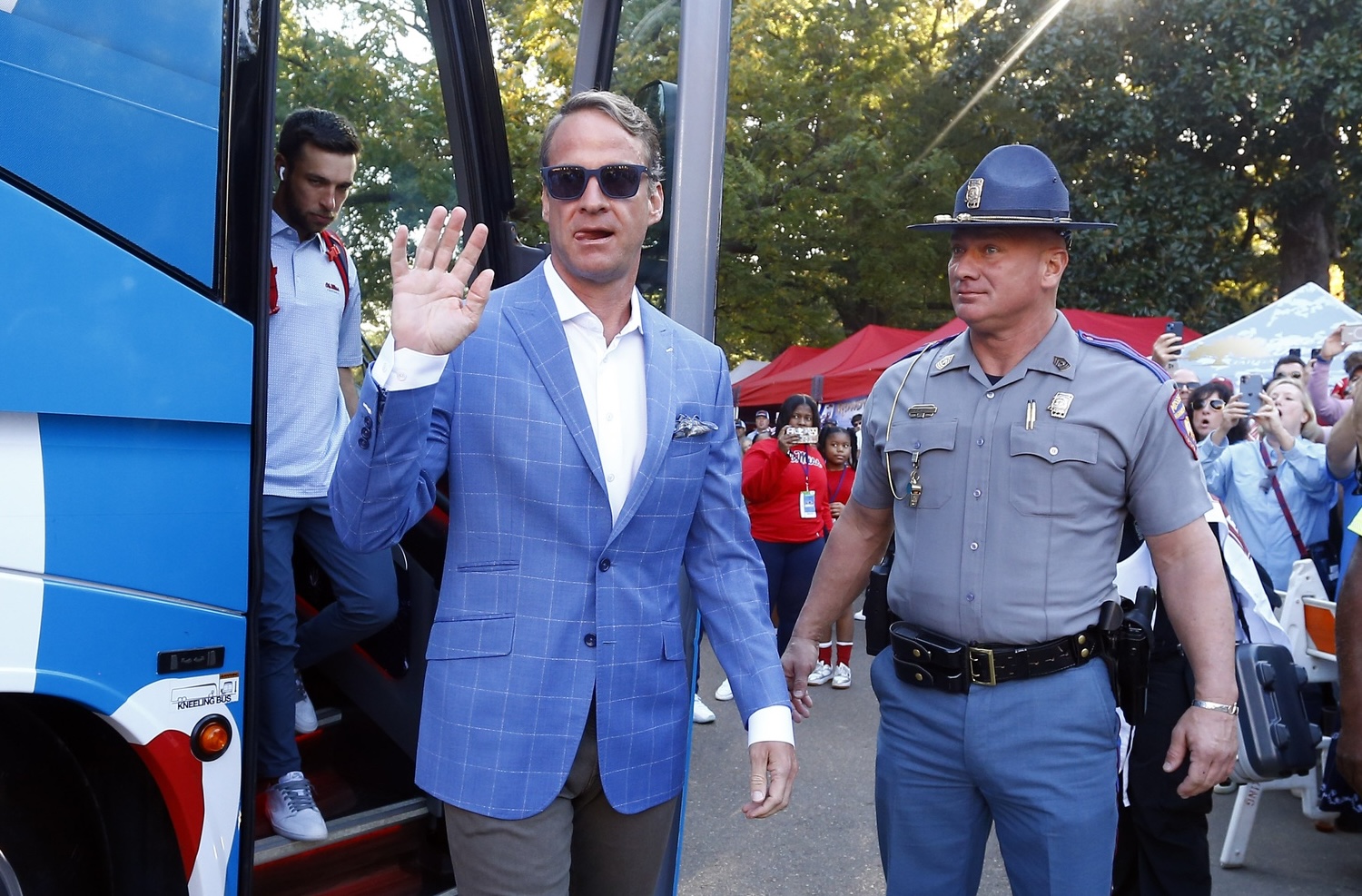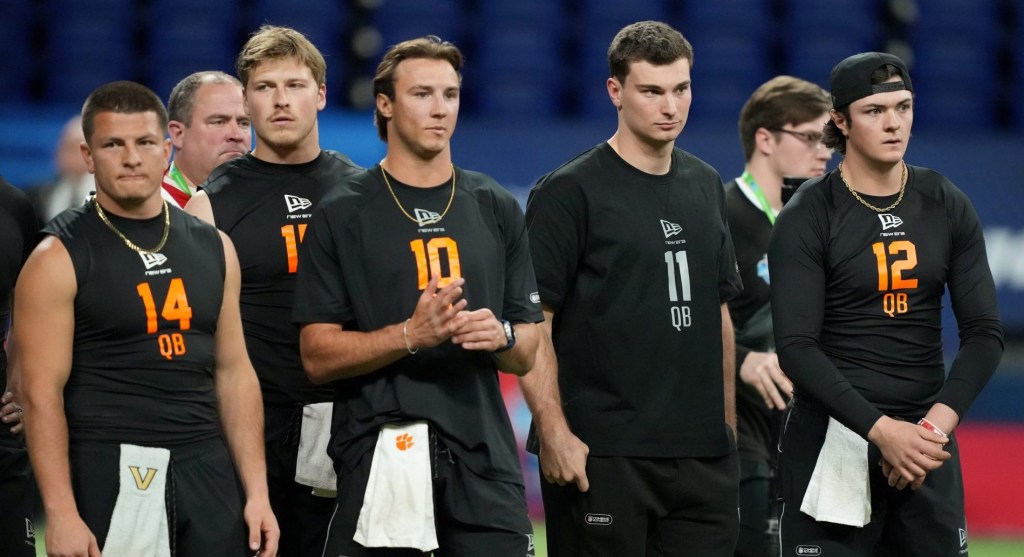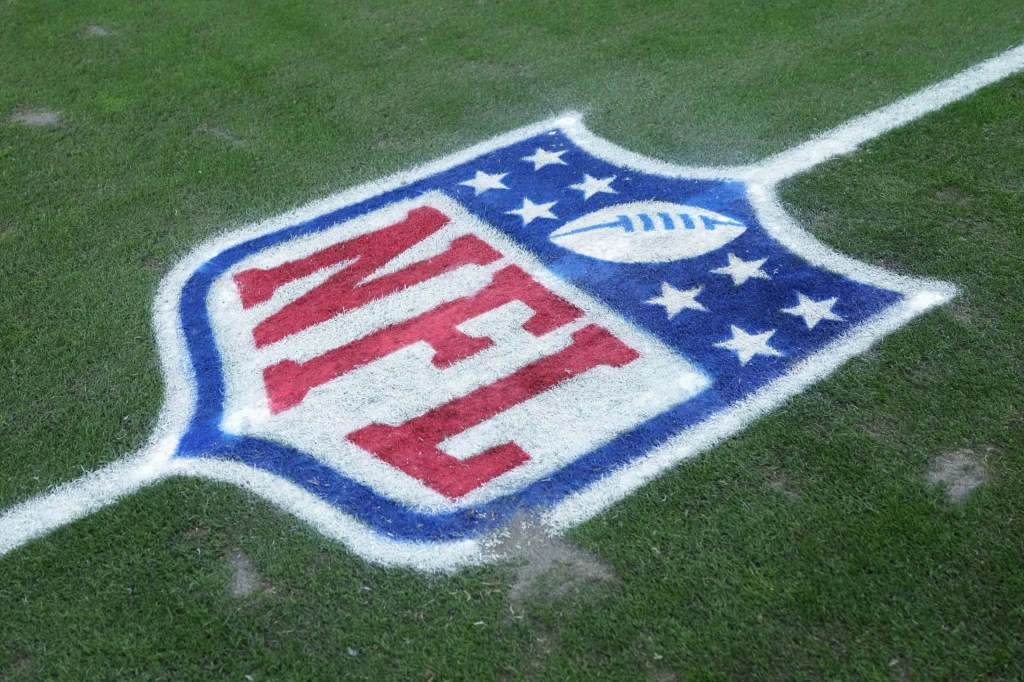Criticizing the College Football Playoff rankings is an annual tradition across the sport. It even spawned a lawsuit—still ongoing—after Florida State was left out of the four-team Playoff last season.
Traditionally, however, college sports administrators wait until the final rankings have been released to air their grievances. That isn’t the case this year—for the past few weeks, commissioners, athletic directors, and even coaches have begun advocacy campaigns in favor of their programs, taking shots at the committee and one another.
Those propaganda campaigns reached a crescendo after the committee released its penultimate rankings Tuesday evening. Iowa State AD Jamie Pollard criticized the committee for how it considered the strength of schedule metrics for Boise State, SMU, and Indiana—all of which had been ranked above Iowa State.
Less than 30 minutes later, SMU athletic director Rick Hart fired back. “Jamie, respect you but bad take…Stay off my lawn!” he wrote, embellishing with a friendly crying-face emoji.
The 12-team bracket will ultimately consist of the top four-ranked conference champions in the top four spots (all of whom earn a first-round bye). A fifth conference champion, as well as seven at-large teams, will then be ranked in order and assigned first-round games. The higher-ranked team in each game will host.
Big 12 commissioner Brett Yormark was one of the earliest lobbyists, arguing publicly that his conference champion should be ranked higher than the Mountain West winner. The Big 12 has come down to No. 15 Arizona State and No. 16 Iowa State, both of which sit several spots below No. 10 Boise State, which still has to beat UNLV on Friday to win the Mountain West.
“I see no rationale for the Big 12’s champion not getting a first-round bye,” Yormark told Yahoo Sports last week as part of a detailed argument.
ACC commissioner Jim Phillips waited until after the final rankings last year to make the case for the Seminoles, when it was already too late. He’s not being nearly as quiet this year, waging an all-out campaign in print media and the radio for Miami and SMU to earn bids. On Tuesday night, he told The Athletic that he was “shocked and disappointed” that Miami had dropped to the 12th spot. “Miami absolutely deserves better from the committee,” he said.
No one, though, has been more boisterous than Ole Miss coach Lane Kiffin. His 9–3 Rebels are currently ranked 13th, two slots out of the postseason. (The Big 12 champion will jump whichever team ends up ranked No. 12.)
For days, Kiffin has been posting about why Ole Miss should make the expanded field, using his X feed as a propaganda machine featuring original posts, retweets from other fans and pundits, and even reposts of articles about his own posts. Kiffin appears to have also formed an online alliance with Pollard, as the two have shared grievances about the strength of schedule arguments and retweeted each other in multiple posts.
On Sunday, Kiffin retweeted a Saturday Down South article with comments he made about South Carolina jumping the Rebels in rankings, saying, “Why do we even play the games?” Then, he wrote out a plea to the CFP, screenshotted it, and tagged the Playoff’s X account with no other context.
He’s gotten increasingly vocal since then, quoting a post on Wednesday morning from an Ole Miss fan. “You guys actually meet for days and come up with these rankings??” Kiffin wrote, tagging the CFP’s account again. “Do you actually watch the quality of players, teams, and road environments (we played in one of yours this year) or just try and make the ACC feel relevant??”
The CFP selection process has always been an imperfect and oft-criticized science. But the committee isn’t Congress—of all the considerations, it’s unlikely that administrators’ lobbying campaigns will have much of an impact. The committee members are more than used to online attacks and even harassment, and they have never bent to the will of their critics before.





![[Subscription Customers Only] Jun 15, 2025; Seattle, Washington, USA; Botafogo owner John Textor inside the stadium before the match during a group stage match of the 2025 FIFA Club World Cup at Lumen Field.](https://frontofficesports.com/wp-content/uploads/2026/02/USATSI_26465842_168416386_lowres-scaled.jpg?quality=100&w=1024)
![[Subscription Customers Only] Jul 13, 2025; East Rutherford, New Jersey, USA; Chelsea FC midfielder Cole Palmer (10) celebrates winning the final of the 2025 FIFA Club World Cup at MetLife Stadium](https://frontofficesports.com/wp-content/uploads/2026/02/USATSI_26636703-scaled-e1770932227605.jpg?quality=100&w=1024)










